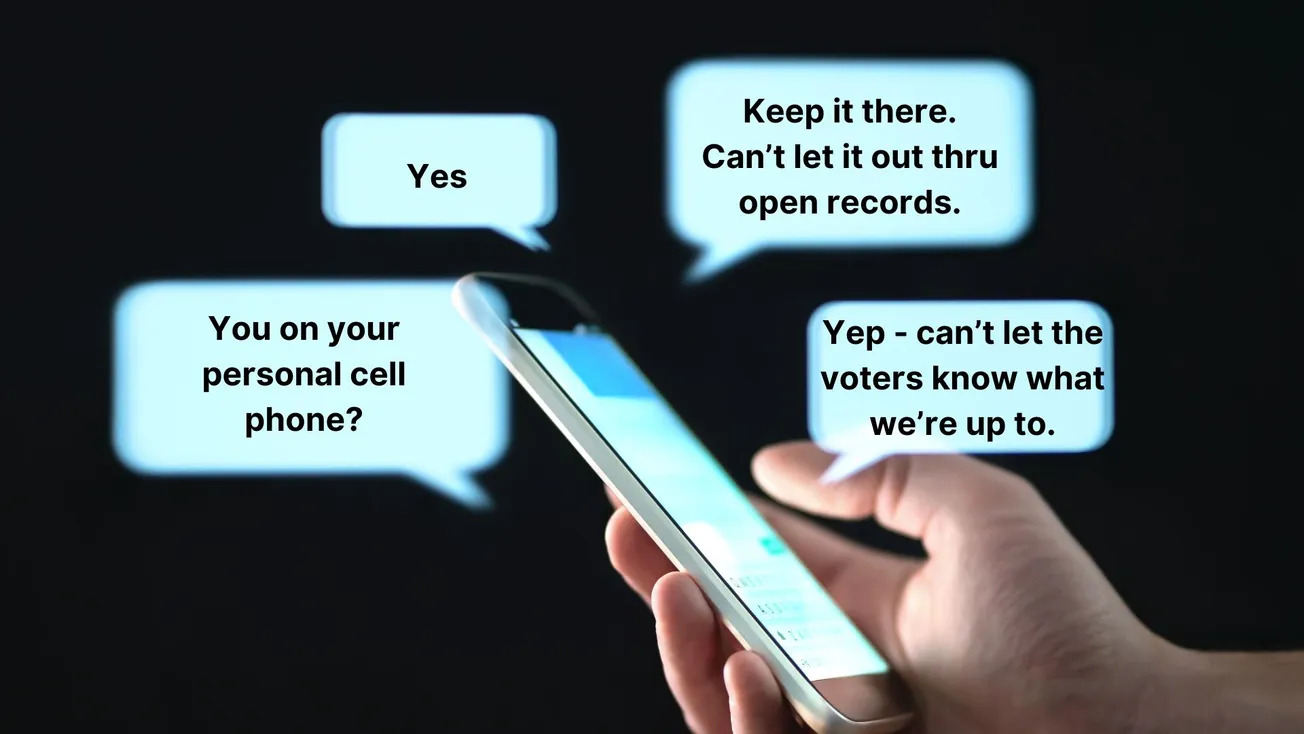Say it ain’t so, Dr. Fauci!
Let me state up front: I was, and am, a believer in the dangers posed by Covid and measures taken in the face of the unknown to minimize their impact and save lives.
As the poster child for co-morbidities, I was grateful for those measures — like them or not — and for leaders with the courage to advocate for them, whatever the consequences to the leaders’ careers and even their personal safety.
In Frankfort, that was Andy Beshear. In Washington D.C., that was Anthony Fauci.
Later events may have proven them wrong, or at least overzealous, but their caution seemed, to me, commensurate with the risk we faced.
My opinion, mind you, and I am entitled to it just as you are entitled to yours.
But it was therefore especially disappointing for me to learn that neither Fauci (and/or his team) nor Beshear (and/or his team) acknowledged their first duty to the public: candor, transparency, and accountability.
Evading that duty, and obstructing the public’s right to know through public records laws — at the state level, the Open Records Act, and at the federal level, the Freedom of Information Act — by any available mechanism, legal or otherwise, is anathema to me.
Not just to me, mind you, but to the leftest of the far left, the rightest of the far right, and everyone in between – except those in power who view public records laws as nothing more than a nuisance (or worse). Writing this week about a FOIA request for Dr. Fauci’s email, the ultra right America First Legal observed, “Despite the fact that he appears to have been using his personal account to conduct government business, official emails remain subject to FOIA, no matter what account they are stored in, and AFL is committed to uncovering them.”
Imagine my dismay when I learned that Gov. Beshear supported legislation aimed at establishing a legal mechanism for evading Kentucky’s Open Records Act – 2024’s failed House Bill 509.
Imagine my horror when I learned Dr. Fauci — or at least those around him — engaged in conduct aimed at obstructing the Freedom of Information Act by purposely conducting official business on private email accounts.
Imagine my grim satisfaction in knowing that proponents of HB 509 must now acknowledge that, had their proposal been enacted into law, it would have shielded public employees’ and officials’ emails precisely like these — that concerned equally grave official business at the state and local level — from public access if the emails were exchanged by state and local employees and officials on private email accounts.
It is likely that some of the proponents of HB 509 are quietly, perhaps even loudly, celebrating this week’s revelations that the National Institute of Health’s highest ranking officials cynically obstructed federal public records access laws by using private gmail accounts.
But the irony of their celebration cannot be ignored.
HB 509, and any bill with the same goal that state lawmakers may subsequently propose, would shield these records from public inspection, and officials who exchange them on private email accounts from public accountability, on the demonstrably false pretext that the proposed laws safeguard public officials’ and employees’ private cellphones from confiscation to fulfill open records request – a lie we associate with cynical minds of their caliber.
Even the primary sponsor of HB 509 conceded that he knew of no instance in which a public official or employee was required to surrender their private cellphone to enable the public agency they serve to fulfill an open records request.
Let’s remember May 23, 2024, the testimony before the House Oversight and Accountability Select Subcommittee on the Coronavirus Pandemic, and the hypocrisy of Kentucky lawmakers who secretly (or openly) rejoice at the sight of federal NIH officials squirming under scorching questioning by committee members — both Republican and Democrat — about the illegal use of private email accounts to conduct public business. Let’s keep these memories clearly in focus when those same lawmakers return to Frankfort to hatch legislative schemes that effectively promote this nefarious conduct.
We know, they know, we know they know, and they know we know that HB 509 and its kind are nothing more than a legislatively-sanctioned safe harbor for public employees and officials seeking to control the narrative, massage the facts, and obstruct the public’s right to know by using private email accounts — or similar ploys — to conduct the public’s business.
No warning is sufficient, no penalty great enough, to dissuade public employees and officials from resorting to this or similar mechanisms to evade transparency and accountability if secrecy is more convenient or less embarrassing.
Let’s not make it easy for them by allowing Kentucky’s lawmakers to proceed with cynical legislative schemes like HB 509, and its promised progeny, that effectively legalize this brand of misconduct.
--30--








